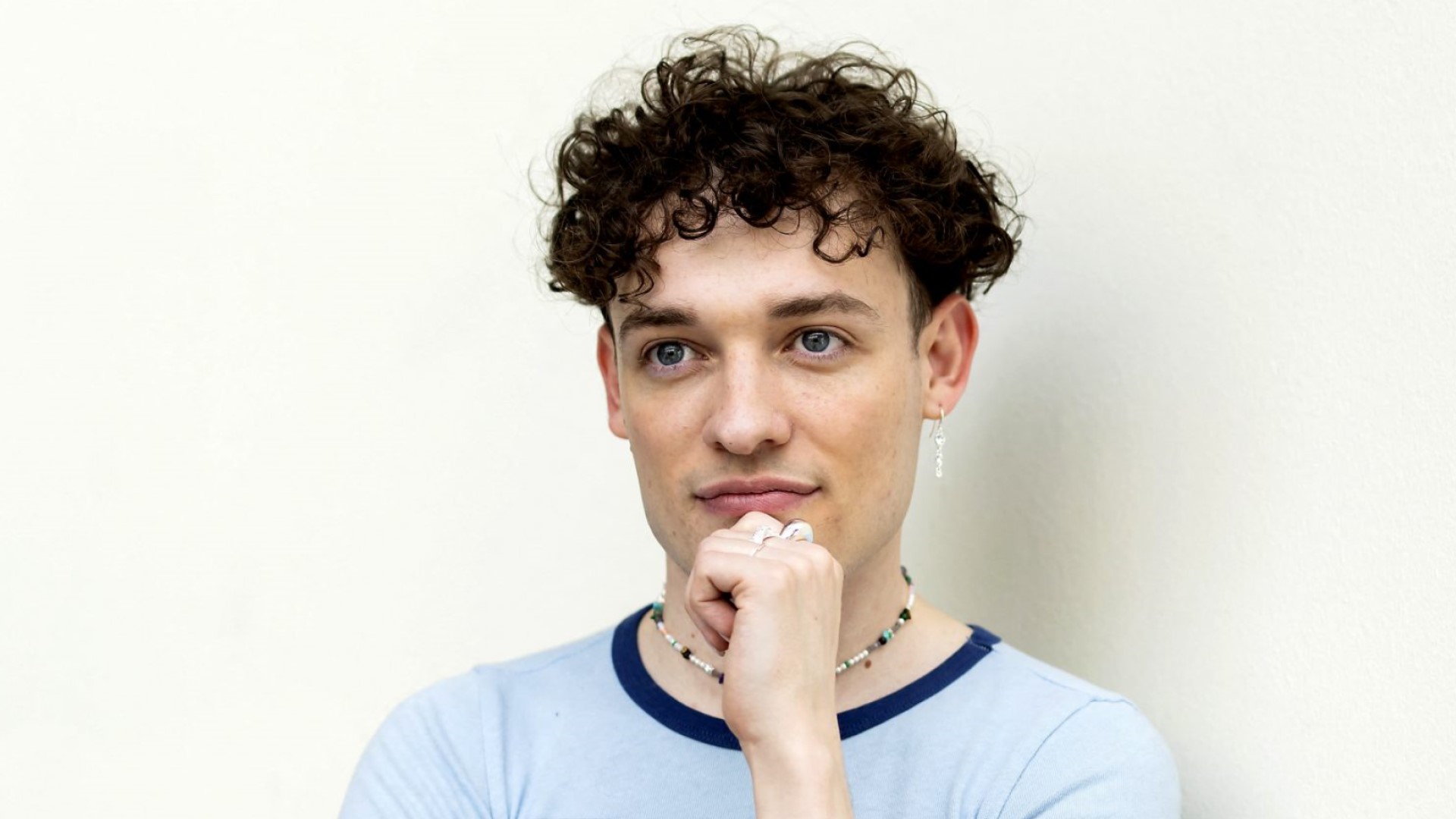Concerns about the Indian COVID-19 variant: here's why
India is living through critical days, as the country's second COVID-19 wave infects hundreds of thousands of people. Some believe that a local variant of the virus is behind this tragedy. The mutation may have worrying characteristics. What do experts know so far about the Indian variant of COVID-19?
According to early scientific studies, the new Indian variant changes in three ways from other strains of the virus. Those three mutations make the virus much more adept at invading human tissue while escaping the person's immune protection.
In a worst-case scenario, the Indian variant may even be able to evade the antibodies of those who have been vaccinated or of people who have had the disease in another variant. The antibodies created by these people may not protect them from getting the disease in that worst-case scenario.
Some experts doubt that this new strain of the coronavirus is the (sole) cause of the soaring number of cases in India. Leading scientists say that the variant was already detected many months ago, and it is only now that the spread of COVID-19 has exploded in the nation.
These experts say that, instead of a new variant, it is the social conditions of India during the pandemic that have caused the virus to spread the way it did. They point at overconfidence after an initially mild previous wave of the pandemic, in combination with India's sanitary conditions and crowding in urban environments.
Be that as it may, the World Health Organisation has warned of the dangers of the Indian variant, suggesting that it is more contagious and may evade vaccination. The scientific possibility is there, even though there are many doubts.
The WHO has included the Indian variant in the list of mutations 'of interest' (i.e. to be investigated and monitored) but not in the list of 'worrying' variants like those from the UK, Brazil, South Africa and California.
Until now, the Indian variant has been detected in some 19 countries around the world. However, it's always been isolated cases with no community transmission so far. Obviously, it is essential that the Indian mutation does not spread to countries where vaccination is currently underway and advanced, as it could interfere with mass immunisation.
Ravi Gupta, professor of microbiology at Cambridge University, has told the BBC that "India's overpopulation and density make it a perfect incubator for the emergence of variations of the virus."
Mass vaccination is the only way to stop the emergence of new variants. As long as the virus infects people and makes them sick, it can move freely from one organism to another. As it moves around, the virus "learns" to evade the barriers that try to stop it.
In any case, even if the variant circumvents the vaccine, it is quite likely that the mutated virus does less damage in the body of a vaccinated person than in someone without any degree of immunisation. Moreover, vaccines can be reprogrammed to attack the new variant.
When learning about the British and Californian variants, there were fears that they would create "hell on earth." It has since been shown that safety measures and vaccines can stop the spread of the coronavirus, despite the new mutations.
It's best to take a position in the middle, without being panic-inducingly catastrophist nor absurdly confident. Scientists agree that it is less likely that new variants will appear as long as people are vaccinated as quickly and massively as possible.
Besides overconfidence, another risk in this global pandemic is the fact that poor areas of the planet remain largely unvaccinated. The longer it takes for all to get vaccinated equally, the higher the risk of dangerous mutations becomes. In the face of the pandemic, either the whole of humanity is saved or we run the risk of no one being saved. Vaccination must reach all parts of the world.
Hospital care for the entire population, international solidarity, and mass vaccination are the tools to prevent the pandemic from getting out of control. In the case of India, experts say, these tools have failed to be applied.

























